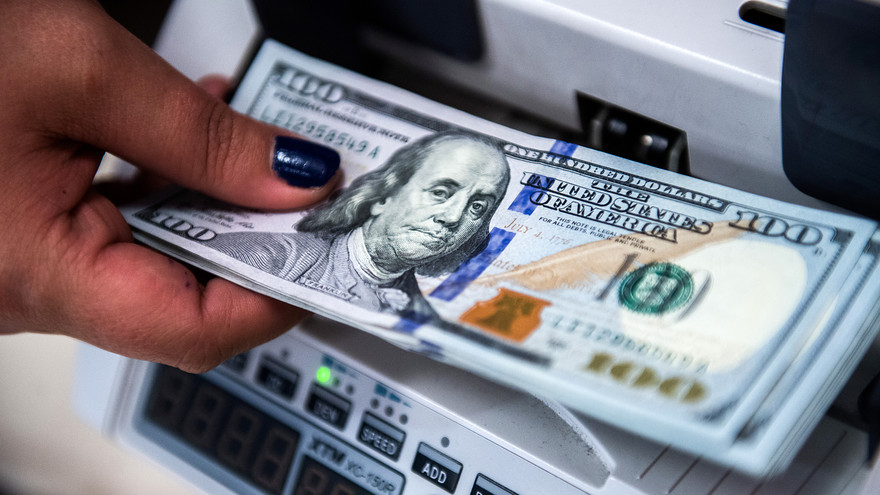The mean yield for Nigeria Due to a rise in holdings by foreign portfolio investors, or FPIs, the US dollar yield fell last week. Analysts said that investor optimism depended on the US Federal Reserve’s possible rate reductions, which might reduce risk premiums for foreign debt papers from Sub-Saharan Africa (SSA).
Numerous analysts clarified that the drop in the US consumer price index had an effect on the sentiment of the Eurobond market, which raised expectations of a third-quarter Fed fund rate cut.
This clarified the rationale behind Nigeria’s sovereign Eurobond yields’ relative stability, which has been bolstered by domestic reforms but restrained by worries about inflation.
The European Central Bank, ECB, had set new course for global monetary policy after the authority-led rate cut ahead of US Fed and Bank of England, among others.
Nigeria’s hot red inflation reached 33.95% in May, according to data from the statistics office. In the local fixed income market, the authority has repriced spot rates following change in market dynamics as investors continue to seek inflation-protected investment options.
In the first half of the year, traders said US dollar-denominated instruments experienced mixed sentiments, with periods of bullish sentiment countered by bearish swings.
The first part of the year saw positive momentum, with investors initially attracted by relatively stable yields, AIICO Capital Limited told investors. The propensity for buying has improved due to ongoing reforms in the economy and markets.
However, traders said bearish sentiments set in as average yields on Nigerian Eurobonds rose by 58 basis points to 9.98% in H1 2024, compared to 9.63% in H1 2023.
This reflected increased risk perception from investors due to persistently rising inflation in Nigeria, raising concerns about the country’s overall economic outlook. The inflation condition has been predicted to ease in June due to low-based effects, supported by a slowdown in the consumer price index after interest rate hikes.
Analysts, however, noted that broader global factors, such as rising interest rates in the US, also influenced investor sentiment, making emerging market debt, including Nigerian Eurobonds, less attractive to some investors.
The CBN’s actions in the domestic market, such as the net open position (NOP) directive to banks, affected investor sentiment in the Eurobond market during the period.
Owing to persistent inflationary pressures in the US, the Fed has held rates steady since last July. This led to a substantial repricing of the US Treasury yield curve, with the 10-year yield surging above 4.50% in April, following three consecutive upside inflation surprises.
Consequently, the US Treasury yield curve inverted, with short-term instruments yielding more than their long-term counterparts, a scenario last observed in 2022.
Fixed income market analysts said the 1-year Treasury yield, which settled at 5.13% in the first half of 2024, exceeded the 30-year Treasury yield of 4.45%, a stark departure from pre-2022 levels where the 1-year/30-year yield spread was firmly positive (0.07% vs. 1.90%).













